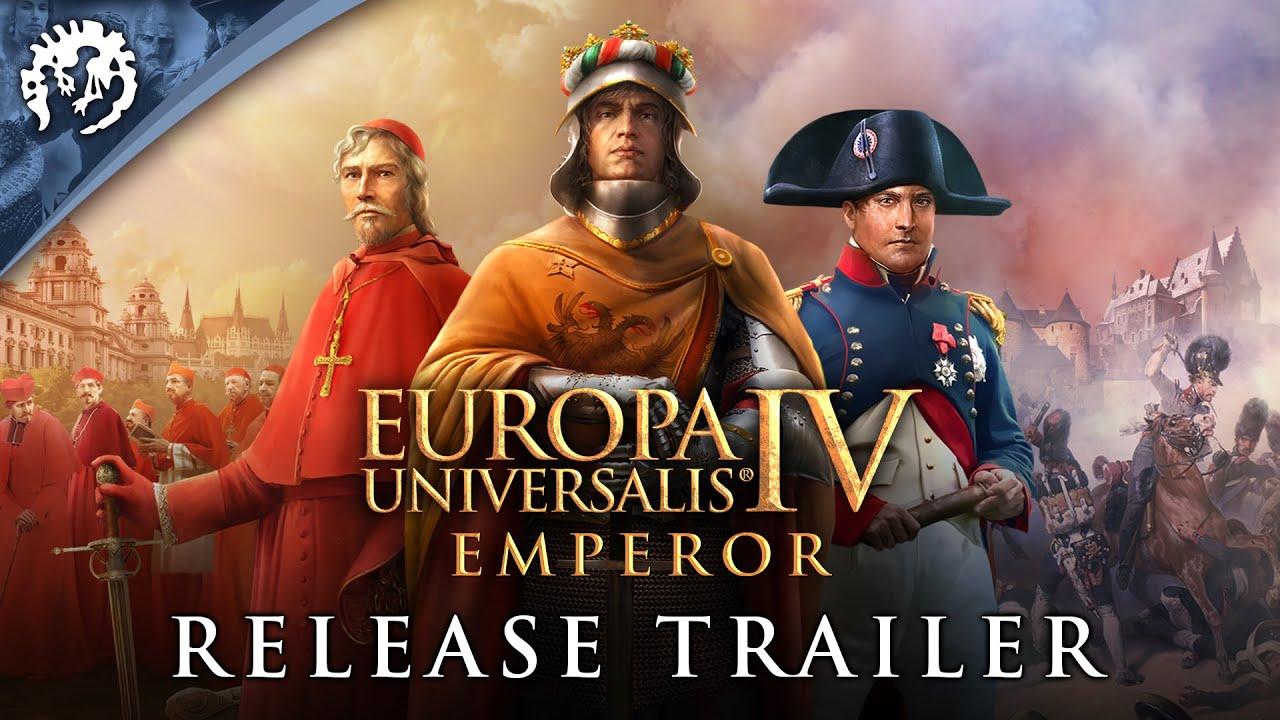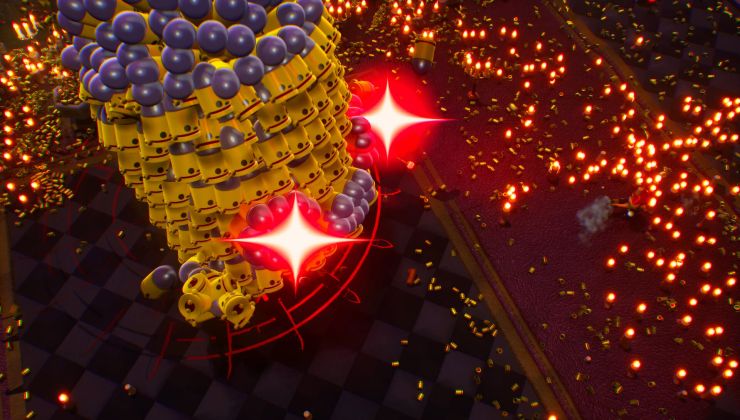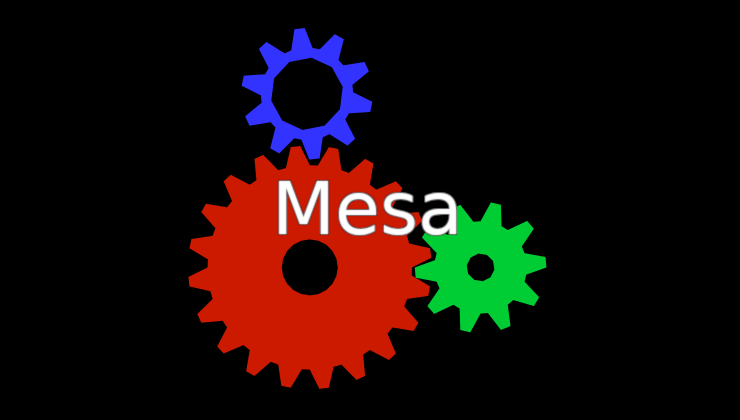The sprawling strategy title by Paradox Development Studios sees its latest expansion rework and add content to many of the nations of Europe. I spent a few hours building up my empires and have a few thoughts to share.

Direct Link
Europa Universalis IV is nearly 7 years old now and has seen plenty of new content by both paid expansions and free updates. It’s fair to say that it’s a vastly different game than at launch with many of its key systems reworked or outright overhauled. This time around, with the release of Emperor, the new features and reworks are mostly focused on the continental European struggles.
The first major aspect of the expansion has to do with religion: there are new mechanics for the popes and Catholics to deal with the desire for reform within the church. These are nothing too complicated, mostly the result of events and a new button in the papacy interface. They do successfully add a dynamic element to the reformation that was always intended but, until now, missing to the game. Add to that some flashpoints of early tension, such as the unique Hussite faith in Bohemia at the start of the game and the way that religion develops in Europe is a little less predictable.
I managed to play many hours as either the Papal States and Bohemia and found that the new content for both is reasonably solid. The new mission trees—as with other new ones introduced in the expansion—offer both a mix of historical and ‘what if?’ content that encourages you to expand and consolidate power if you’re particularly successful. The spice added by the new religious mechanics, such as the increasing bonuses for being defender of the faith of a large religion, does make being proactive in religious conflict more worth the while.
The entity known as the Holy Roman Empire has also gotten new content and a rework to its systems here. The imperial incidents is a fine addition, making the nations within the empire pick a side on issues. Most issues have an upside as well as a downside and it may well be worth picking short-term pain for long-term benefits. Ultimately, a successful empire and emperor can move towards either a decentralized or centralized empire, depending on preference. These new issues, coupled with the religious strife, make for greater variance in Europe—I didn’t have the time to play full games with too many smaller nations but I found that they were reasonably different experiences each time.
The last major feature, in my reckoning, is the revamped revolution system. Once the world has reached the last age of the game, a center of revolution may spawn on the map. If left unchecked, it will spread the ideas of equality and liberty that are at odds with most autocratic empires. If a nation succumbs to these insidious ideas it becomes the birthplace of the revolution and gets to play around with new reforms and government type. While the revolution was present in previous versions of the game, it felt like an afterthought and now it feels a bit more fleshed out as there are more unique bonuses and events related to it.
As most players may pick the earlier start dates, they may well rarely if ever see the massive late-game wars that can happen between nations falling to revolutionary forces and those who want to restore order. Even with all the changes to the revolution, the end game period of EU IV still feels a slight bit out of place with the rest of the game. Napleonic warfare and the rapid changes to factions and the map that occurred aren’t really represented authentically. I had fun customizing my own revolutionary state, building the special guard units and so forth but, given that it’s likely to be an extremely short in-game time period for most players, it’s not really a feature that adds that much value to the rest of the expansion.
Taken together, however, I think that this a fairly solid expansion for EU IV. It’s geared towards veteran players of the game, those who have put in hour after hour in Europe and want to change things up some. If you care the Holy Roman Empire or the Papacy, then it’s well worth picking up. While none of the features are truly innovative, they do add to the game and don’t feel superfluous. A lot of care has been put into mission trees and events and staying Catholic in some situations is now a more viable choice depending on how the church reacts to the reforms. There’s little that’s buggy or unpolished that I noticed, so it’s safe to pick up at launch.
Finally, as generally is the case with PDS titles, a rather sizeable patch was also released with the expansion. There’s changes to the map, many quality of life and some interface changes, some new mission trees, a rework of the estates mechanics which makes it far less annoying and more sensible to work with and other things. Do check out the full changelog.
You can pick up EUIV: Emperor on Paradox’s Webshop or Steam.







 How to set, change and reset your SteamOS / Steam Deck desktop sudo password
How to set, change and reset your SteamOS / Steam Deck desktop sudo password How to set up Decky Loader on Steam Deck / SteamOS for easy plugins
How to set up Decky Loader on Steam Deck / SteamOS for easy plugins
Oh and the name doesn't mean anything but coincidentally could be pronounced as "Buttery" which suits me just fine.
See more from me